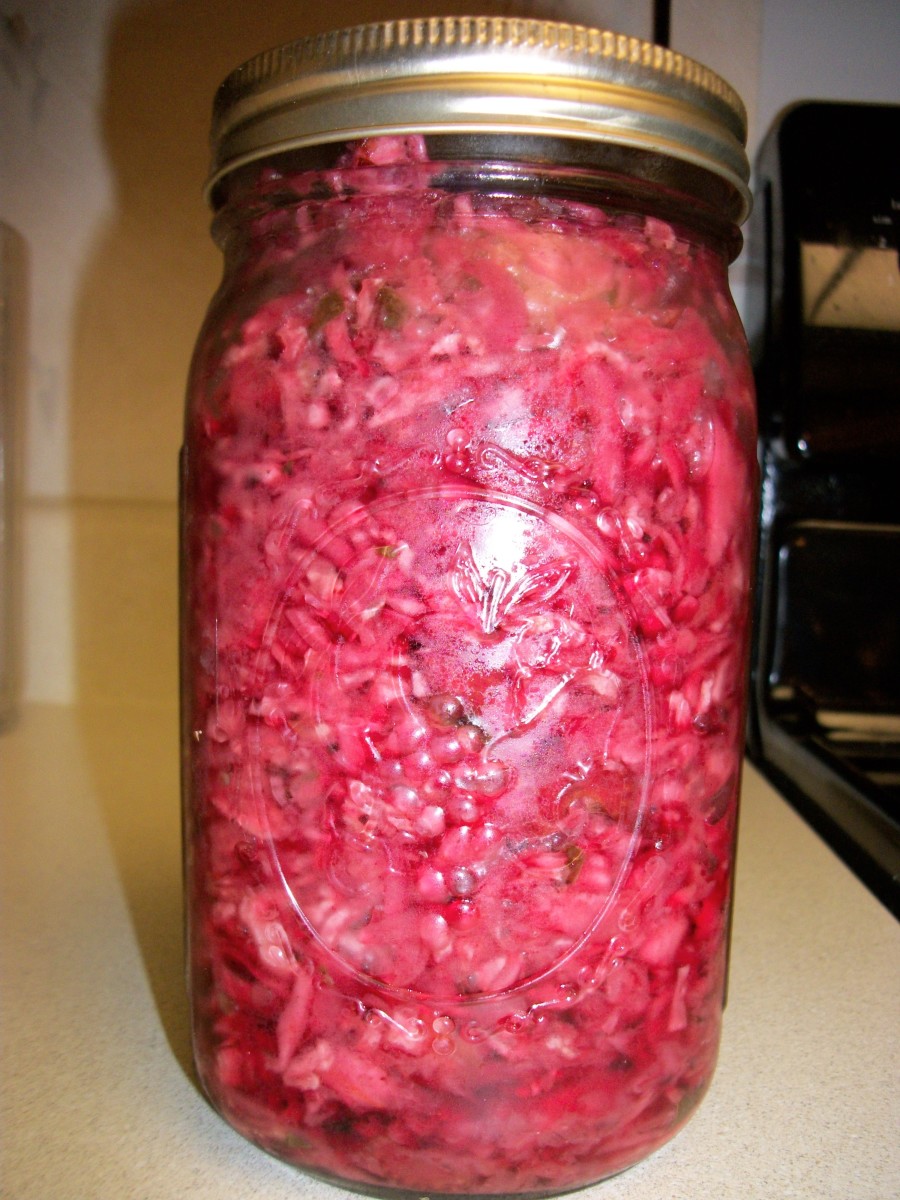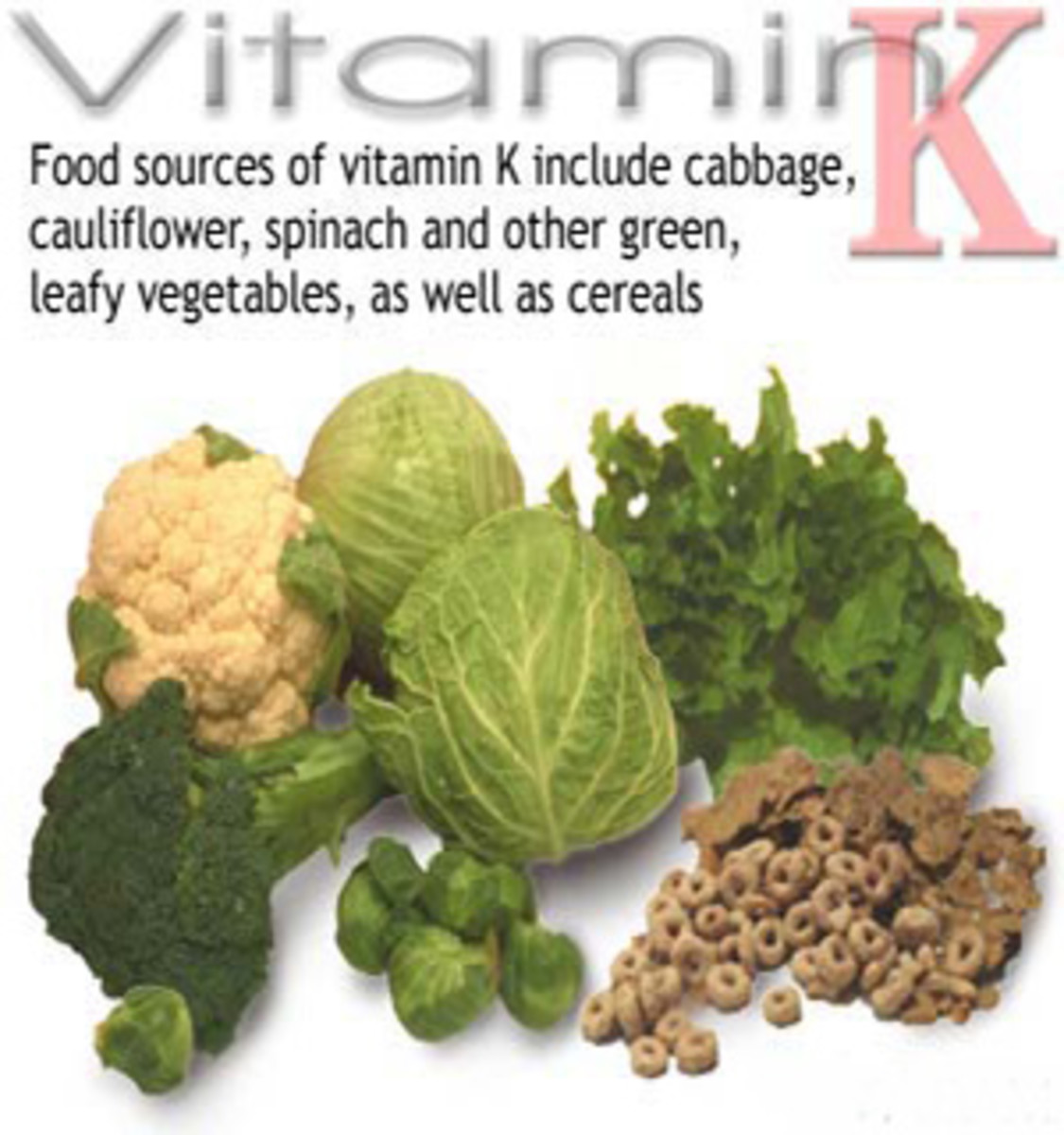Benefits of Vitamin K2
Some people may have heard of vitamin K's important function in blood coagulation so that one does not bleed to death after a cut. But that is primary function of vitamin K1. In this article, we will talk about vitamin K2, which plays an entirely different (but just as important) role in the body. Although vitamin K2 does have blood coagulation properties as well.
Whereas vitamin K1 is found in many plants especially leafy greens; vitamin K2 is quite lacking in plant foods. Vitamin K2 is primarily found grass-fed animal products and fermented foods.
Vitamin K2 from grass-fed animal products
Vitamin K2 is derived when animals (especially ruminate animals) eat the K1 from grass and plants and then converts the K1 to K2 in their body. Humans can not perform this conversion of K1 to K2 very well. Hence, we need to consume K2 in our diet or as supplements in order to get optimal amounts.
In order for the animal products such as meat and eggs to have any significant amount of K2, the animals have to be eating grass and natural plants so that they have K1 as the raw ingredient.
The typical commercial meats and eggs derived from feed-lot animals that have been fed soy and grains most likely will not contain much K2. Hence, look for 100% grass-fed meats and eggs from pastured raised chickens.
Beside certain meats and egg yolks, liver and butter from grass-fed animals also contains K2.
Vitamin K2 from fermented foods
Another method in which K2 is derived is from bacteria action of fermented foods.
The World's Healthiest Foods writes ...
"Bacillus bacteria may be the most important micro-organisms used in soybean fermentation based on their ability to create a K2 form of the vitamin called menaquinone-7 (MK-7) ...
fermented soy foods are the most common source of MK-7 in the U.S. diet. Meats and eggs are our most common food sources of the menaquinone MK-4 (another form of vitamin K2)."
The two common forms of K2 are MK-4 and MK-7. The M in MK-4 stands for menaquinone. The K stands for vitamin K. And the n represents the number of isoprenoid side chain residues in the molecule.
MK-4 is the shorter-chain form of the vitamin K2. Whereas, MK-7 is the longer-chain form of the molecule.
Although both forms are important for health, some recommend that if you take supplements, get the MK-7 form.
Vitamin K2 as Menaquinone-7 from Natto
Eat Natto for vitamin K2
Natto is a Japanese side-dish of fermented soy beans and is one of the best sources of the MK-7 form of vitamin K2 found in foods. Because the soy is fermented, you do not have the problems of unfermented soy as mentioned in the another article.
In fact, Chris Kresser writes that ...
"Natto contains the highest concentration of K2 of any food measured; nearly all of it is present as MK-7, which research has shown to be a highly effective form"
Other sources of K2 from fermented foods include sauerkraut and certain types of cheeses.
Because vitamin K is a fat-soluable vitamin, it is best absorbed when eaten with a bit a healthy fat.
Why K2 is important for bone health
So what are the benefits of getting K2 from all these various food sources? K2 helps directs calcium to the bones and teeth where they should be and not to the soft tissues such as the arteries. Actually, K2 doesn't do it. But certain types of enzymes binds to calcium and moves them to where they should go. However, these enzymes are dependent on vitamin K2 as a co-factor. If K2 is lacking, the enzymes can not do their work.
In the Underground Wellness podcast The Truth about Bone Disease and Osteo Drugs, guest Kim Millman said the most important supplement for bone health is vitamin K.
Kate Rheaume-Bleue's book The Calcium Paradox mentions that some people taking calcium supplements had increased risk of heart disease. Why is that? It is because the calcium are being deposited in their arteries and not just in their bones. The calcium just goes where ever they happen to go because vitamin K2 was lacking. The calcium depositing into the arteries results in hardening and narrowing of the arteries, which can be seen in the coronary calcium scans.
As explained in another article, if you are taking calcium supplement, you should be taking K2 along with it. The K2 will help direct the calcium to the bones rather than to the arteries. In addition, take calcium with vitamin D3. Vitamin D3 gets calcium from the gut into the bloodstream. But then it is K2's job to take calcium to the bones.
Many people are taking vitamin D for its various benefit. If you are, you should also be taking vitamin K2 with your vitamin D, because the two work synergistically together.
Watch as Kate Rheaume-Bleue explains the important role of K2 in the below video.
Caution on K2
Dr. William Davis wrote more about the benefits of vitamin K2 in Life Extension Magazine. He does add a word of caution that ...
"If you take Coumadin® (warfarin), use of vitamin K should be discussed with your doctor before you begin supplementation, as changes in blood thinning (prothrombin time or INR [international normalized ratio]—measures of how quickly blood clots) will occur."
Livestrong.com says similarly that ...
"Due to its blood-clotting effects, vitamin K may not be desirable in excessive amounts, particularly if you are at risk for blood clots. This vitamin interferes with the medication warfarin, which thins the blood in patients at risk of a heart attack or stroke. Hence, high amounts of K2 and other K vitamins can be harmful in these cases."
However, in another LiveStrong article writes ...
"Although vitamin K does assist the body in clotting blood, however, it does not cause the types of blood clots that block normal blood flow."
However, another post says that ...
"Vitamin K should have no effect on the platelet-blocking effects of aspirin or fish oil."
because they work on different pathways.
The book The Calcium Paradox has an interesting section titled "Vitamin K2: Friend or Foe of Blood-Thinning Medications?" While it says ...
"patients on oral anticoagulant therapy who take up to 50 micrograms of MK-7 per day have more complete carboxylation of osteocalcin without interfering with the effect of the blood thinner. In other words, taking a small amount of MK-7 allows you to avoid the side effects of these meds without interfering with their intended benefits."
It nevertheless does mentions ...
"if you are on conventional blood thinners, consult your doctor before taking a K2 supplement, since taking more than 50 micrograms of K2 might interfere with your prescription."
There are also rare cases of allergic reaction to K2.
For some people, excessively high doses may have gastrointestinal side effects as mention in LiveStrong.com...
"The most common side effects of vitamin K-2 supplementation involve gastrointestinal distress due to an inability of your digestive system to properly metabolize vitamin K supplements. High doses of vitamin K oral supplementation may lead to upset stomach, nausea, diarrhea, vomiting, persistent stomach cramps and weakness."
But other than that, WHFoods reports that ...
"Since no adverse effects have been reported for higher levels of vitamin K intake from food and/or supplements, there are no documented toxicity symptoms for vitamin K."
Because it is always good to hear from multiple experts. Below is another video from another vitamin K expert ...
Note:
This article was written in February 2013 and is only opinion at the time of writing, and is not medical advice. Author is not a medical professional and may receive compensation from the display ads within article.









